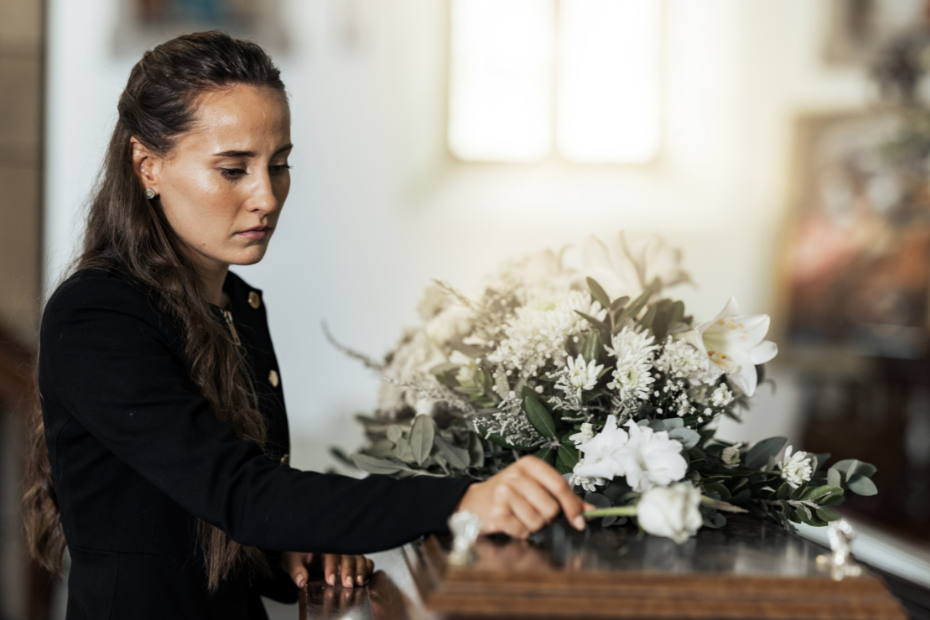Published October 7, 2022 • 4 Min Read
What are digital assets?
Tracy Woo, Vice President of Professional Practice and Tax at RBC Royal Trust shares a general definition of digital assets in a recent episode of Go To Grandma. “Digital assets include any information or records stored on social media accounts or any other type of online accounts such as an online banking account,” she explains. “Cryptocurrency, loyalty points and any other intangible assets also fall into this broad definition of digital assets.” Woo further categorizes digital assets into three buckets:- Those with sentimental value; such as family photos or videos
- Assets that carry financial value; such as cryptocurrency or loyalty points
- Those that provide your executor or family members with access to valuable information required to administer your estate, including emails or banking or heath records stored in an online account
The importance of pre-planning your digital legacy
Just as a treasured photo album may have been a meaningful keepsake to hand down in years past, your digital photos and videos hold the same personal value—and undoubtedly contain memories you wish to share with the next generation. To ensure your executor and loved ones have access to these and other digital assets after you pass away, advanced planning is a critical step—particularly since there is no current legislation (other than in the province of Saskatchewan) that governs how an executor can access digital assets upon a person’s death. “And to further complicate matters, the terms of service for many online service providers such as Facebook, Google or Twitter make it very difficult for executors or family members to access any information stored on their sites without any pre-planning undertaken prior to death,” explains Woo. Even then, it could still be a potential challenge for your executor to access those assets. She further informs listeners that the average American has 150 online accounts, which is a lot to administer or navigate. “So it would be very helpful for your executor and your loved ones to close any accounts you no longer use, and to keep an up-to-date list of the digital assets with the most value, including their location and how they may be accessed,” Woo adds.9 planning steps worth taking
Planning out your digital legacy can feel like an overwhelming task. Woo breaks down nine steps that can help ensure your assets are handled the way you want them to be:- Take an inventory of your digital assets
- Identify the top five to 10 assets that are most important to you
- Determine how you’d like those assets treated upon your death. For example, do you want photos destroyed or transferred? Do you want online accounts closed?
- Take advantage of online planning tools offered by popular digital service providers like Google’s Inactive Account Manager that allows you to choose to either to delete your data or share the account information with a specific person after the accounts inactive for a specific period of time.
- Review your Will with your estate lawyer to ensure your executor is given express authority to administer digital assets in your Will
- Let a trusted individual know about your intentions for your digital assets after you pass away—this could be a spouse, family member, friend or your executor
- Consider saving any digital assets of value that you would like to share with loved ones onto a hard drive. Or, use an online file or photo sharing service between you and your loved ones so that access to these photos and other valuable digital assets will not be interrupted or lost
- Talk to your loved ones and discuss your digital asset plan
- Set a calendar reminder to review and update your digital assets inventory on a regular basis

Have a listen to Take 5 With RBC at the 20:00 mark of Go To Grandma episode Being Heard to hear more from Woo on how to plan your digital legacy so your assets are handled the way you want them to be, and your valuable digital files and photos can be preserved for generations to come.

Choosing an executor or acting as one?
Did you know settling an estate can involve over 70 individual tasks and take years depending on the complexity? We can help guide you through the estate settlement process. Explore our estate tools and insightsThis article is intended as general information only and is not to be relied upon as constituting legal, financial or other professional advice. A professional advisor should be consulted regarding your specific situation. Information presented is believed to be factual and up-to-date but we do not guarantee its accuracy and it should not be regarded as a complete analysis of the subjects discussed. All expressions of opinion reflect the judgment of the authors as of the date of publication and are subject to change. No endorsement of any third parties or their advice, opinions, information, products or services is expressly given or implied by Royal Bank of Canada or any of its affiliates.
Share This Article






